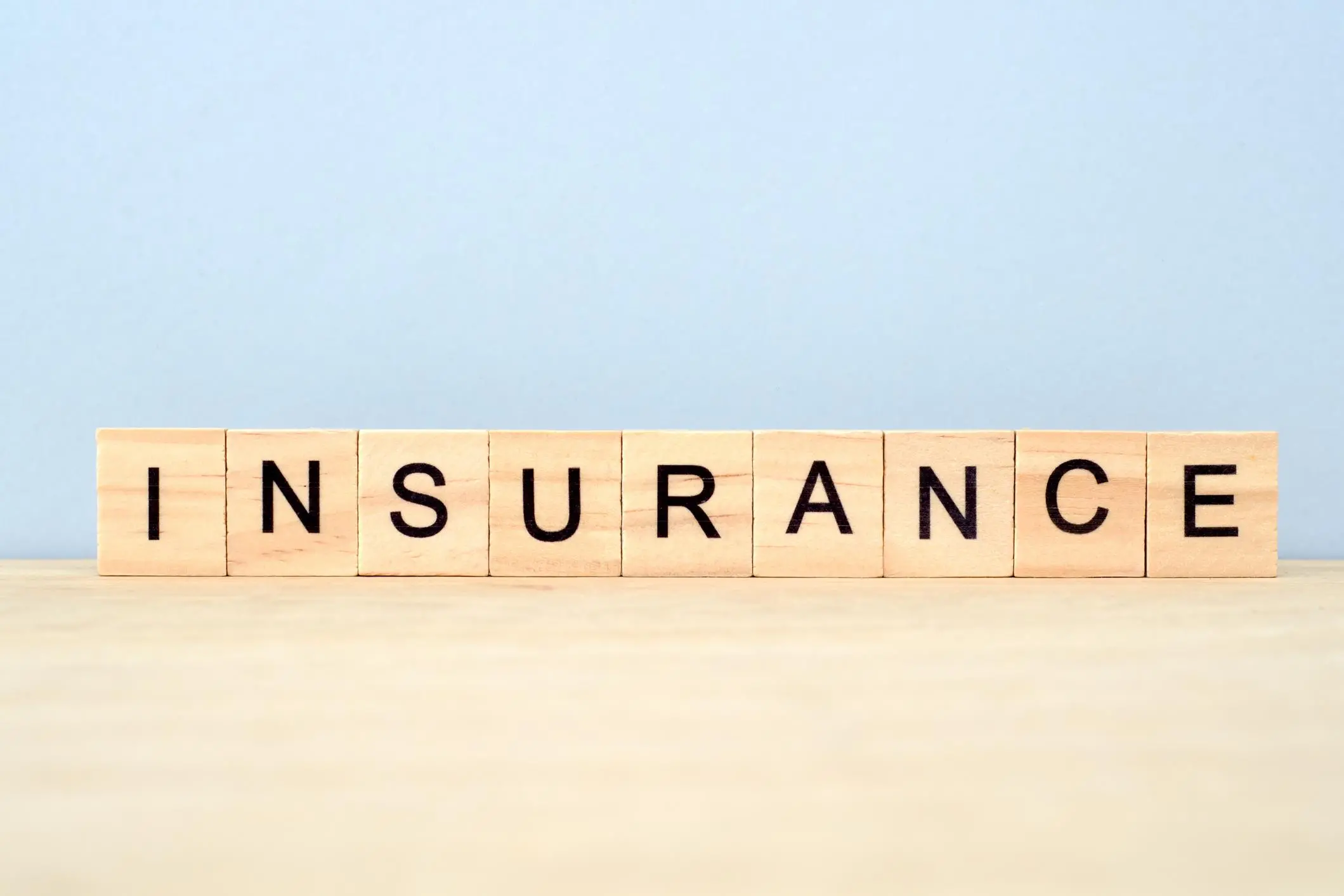PHOTO
The Gulf's insurance sector is set to see more merger and acquisition (M&A) activity this year as stricter underwriting rules places pressure on smaller firms, but makes it more attractive to investors, according to an analyst.
While a survey by Moody’s found that fewer of the insurance industry's chief financial officers thought there would be more deals this year, the ratings agency’s assistant vice-president, Mohammed Ali Londe, told journalists in a media briefing in Dubai last Tuesday he expected that there would be further consolidation ahead.
"Over the past year, we've seen M&As in the UAE (United Arab Emirates), Kuwait and Bahrain as well. Our expectation is with the new risk-based supervisory model in Saudi Arabia, there's a lot of additional operational costs. We expect some M&A there, as well as in the UAE," Londe said.
Moody’s survey of 12 industry CFOs, published last week, found that only 25 percent felt there would be more M&A this year (compared to 38 percent last year). Londe said that rule changes "are posing more and more operational challenges to the smaller insurers in particular".
"And on the switch side, the market in 2017 has been more profitable, so that attracts a bit more of investor interest. Couple the two together (and) we are expecting M&A in the market. We have seen a couple of deals in the last year and we are aware of a few more deals that could happen this year," he argued.
The CFOs survey found that profitability was no longer cited as the top concern, and that 83 percent were forecasting stable-to-high profit growth this year. However, concerns remained around competition in the marketplace and around weak oil prices.
Respondents also said they expected some insurers to stop providing cover for business lines considered to be unprofitable, and that they were planning to gradually reduce exposure to riskier assets in favour of a higher proportion of investment-grade bonds.
"We view that positively, because previously the investment profiles of insurers has been concentrated to real estate and equity," Londe said. "Real estate is volatile and illiquid. Equities, especially if it was listed, would predominantly be volatile. So they would be classified as high-risk assets."
A deal announced in December last year saw two of the UAE's biggest Islamic insurance firms merging, with Takaful Emarat acquiring Al Hilal Takaful from Al Hilal bank.
In August last year, Bahrain's Al Ahlia Insurance Company announced that it was acquiring Solidarity General Takaful. The deal completed in December.
(Reporting by Michael Fahy; Editing by Shane McGinley)
Our Standards: The Thomson Reuters Trust Principles
Disclaimer: This article is provided for informational purposes only. The content does not provide tax, legal or investment advice or opinion regarding the suitability, value or profitability of any particular security, portfolio or investment strategy. Read our full disclaimer policy here.
© ZAWYA 2018




















